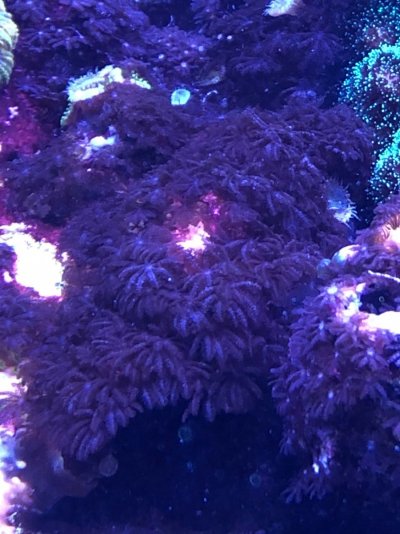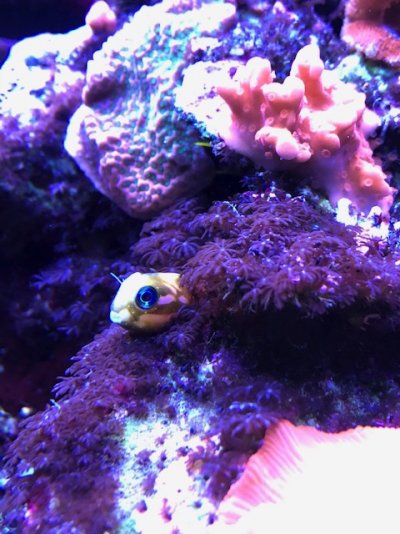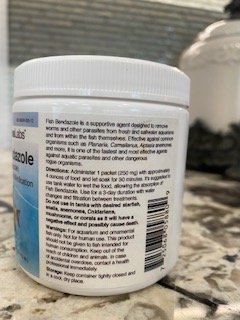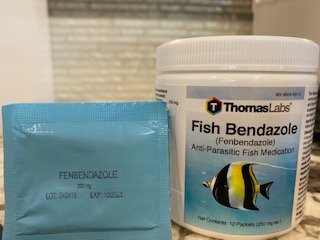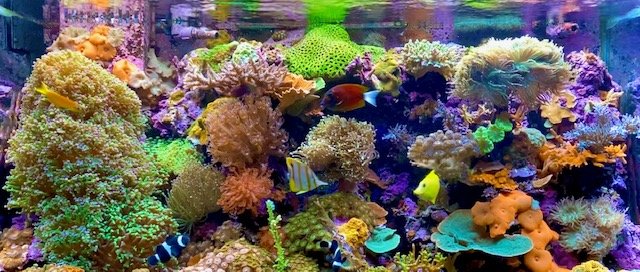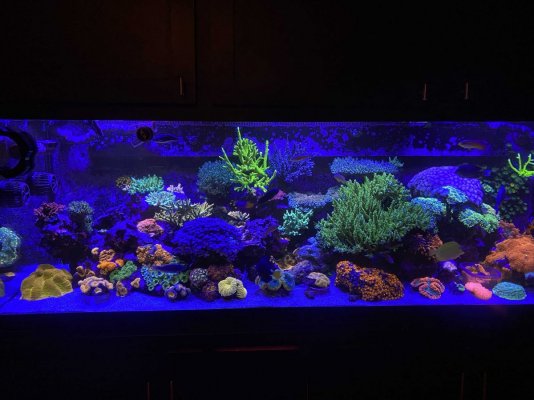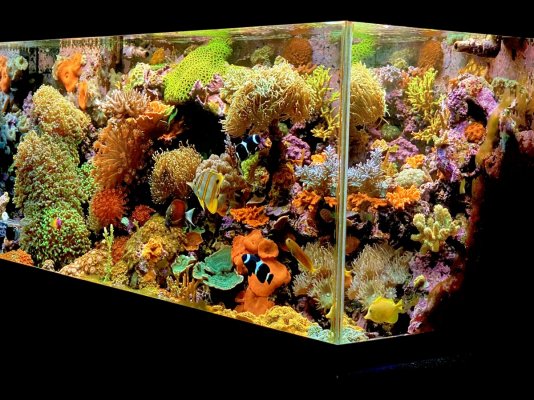- Joined
- Dec 28, 2016
- Messages
- 22,829
- Reaction score
- 21,963
Fembendazole is usually (I believe) sold as a powder, then dissolved slightly in alcohol (like vodka) - then diluted with water. I would be careful dosing a liquid - unless you know what its diluted in. You can google it - its available on many sites. And - many sites recommend that you treat the rock in a separate container - rather than in the display tankI’ve been having problems with brownish close polyps. Been controlling them with Calc paste but can’t get to all stumble over this fenbendazole treatment posts.
I live in Sweden and it’s kinda hard to get hold on fenbendazole here in small pacs (1l smallest and its about 200/250$ And I would need 1-2 ml)
there is some deworming drugs but they contain much other stuff I even can’t pronounce
Any hints where I can get small pacs of it ?





